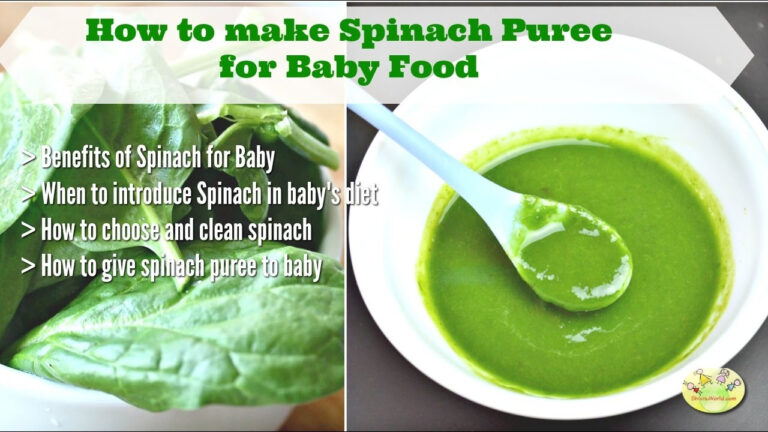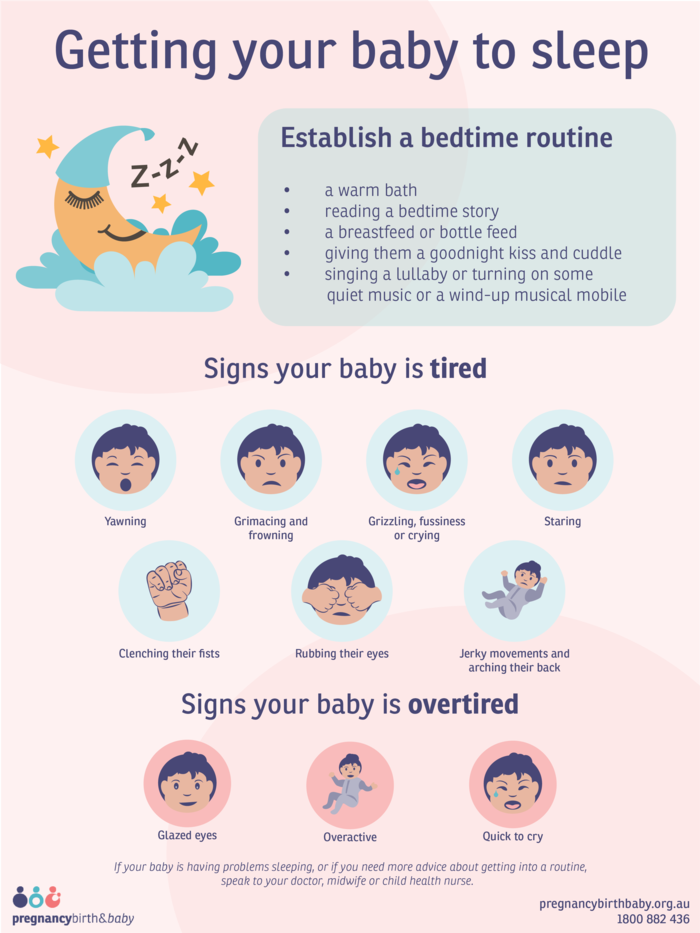When To Introduce Peanut Butter To Baby: A Comprehensive Guide
Introducing solid foods to your baby can be an exciting and sometimes daunting milestone for parents. One commonly asked question is when to introduce peanut butter to babies. Peanut butter is a nutritious food that can be a great addition to your baby’s diet, but it’s important to introduce it at the right time to ensure your baby’s safety and health. In this article, we will discuss the best time to introduce peanut butter to your baby and provide you with all the information you need to know.
Knowledge
Peanut butter is a nutrient-dense food that is rich in protein, healthy fats, and essential vitamins and minerals. Introducing peanut butter to your baby can help support their growth and development, as well as strengthen their immune system. It is also a convenient and easy-to-prepare food that can be a delicious addition to your baby’s diet.
It is generally recommended to introduce peanut butter to babies around 6 months of age. At this age, most babies are developmentally ready to start eating solid foods and can benefit from the nutrients found in peanut butter. However, it is important to consult with your pediatrician before introducing peanut butter to your baby, especially if your baby has a family history of food allergies.
When introducing peanut butter to your baby, it’s important to do so in a safe manner. Start by mixing a small amount of peanut butter with breast milk, formula, or water to make it easier for your baby to swallow. Make sure the peanut butter is smooth and creamy, as chunky peanut butter can be a choking hazard for young babies. Offer your baby a small amount of peanut butter on a spoon or mix it into a puree or soft food.
It’s important to monitor your baby for any signs of an allergic reaction after introducing peanut butter. Common symptoms of a peanut allergy include hives, itching, swelling, vomiting, diarrhea, or difficulty breathing. If your baby shows any signs of an allergic reaction, stop feeding them peanut butter immediately and consult with your pediatrician.
Conclusion
In conclusion, introducing peanut butter to your baby can be a nutritious and delicious addition to their diet. By following the recommended guidelines and introducing peanut butter at around 6 months of age, you can help support your baby’s growth and development. Remember to consult with your pediatrician before introducing peanut butter to your baby, especially if there is a family history of food allergies.
Overall, the target audience for this article is parents who are looking to introduce solid foods to their babies and want to learn more about when to introduce peanut butter. By providing detailed information and tips on how to safely introduce peanut butter to babies, this article aims to help parents make informed decisions about their baby’s diet.
Introducing peanut butter to your baby is an important milestone that can have long-lasting effects on their health and well-being. By following the guidelines outlined in this article and consulting with your pediatrician, you can introduce peanut butter to your baby safely and enjoyably. Remember, every baby is different, so always monitor your baby’s reactions and adjust accordingly. Happy feeding!






